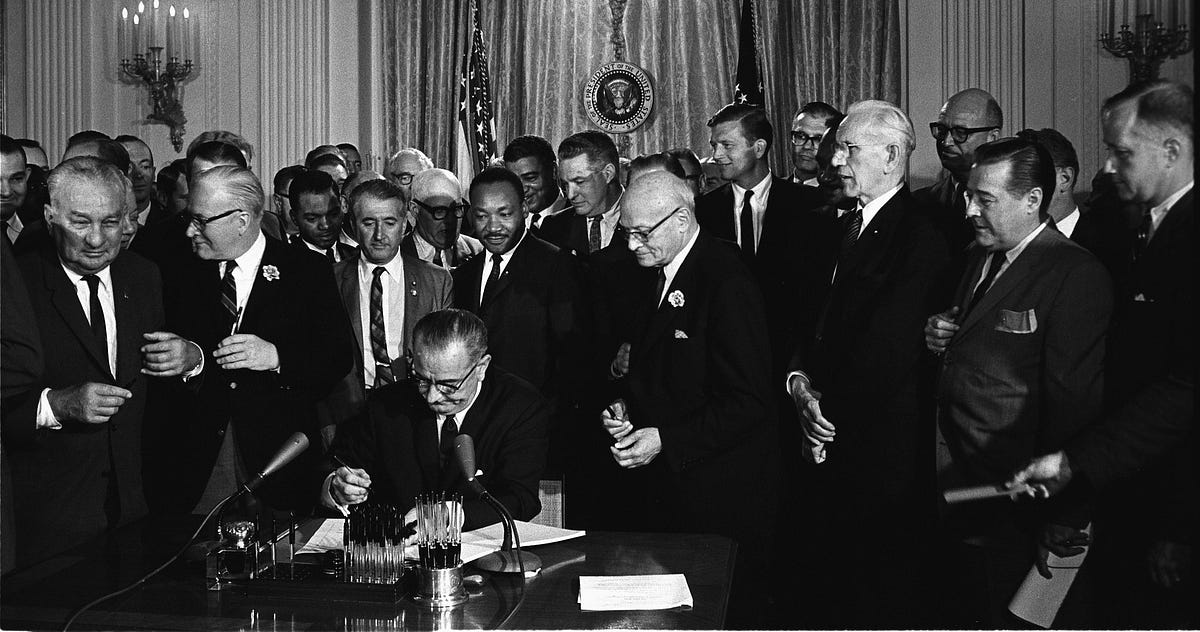Sublime
An inspiration engine for ideas





moses-response-to-power-broker
Robert Moses offers a critical response to Robert A. Caro's biography, disputing the portrayal of his public service, addressing inaccuracies, and defending his contributions to urban development in New York.
Link

Lyndon Johnson’s political genius was creative not merely in the lower, technical aspects of politics but on much higher levels. And if there was a single aspect of his creativity that had been, throughout his career, most impressive, it was a capacity to look at an institution that possessed only limited political power—an institution that no one
... See more